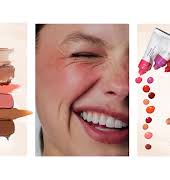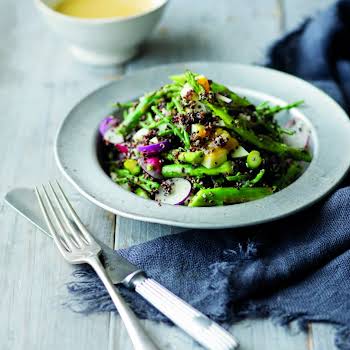By Geraldine Carton
02nd Dec 2018
02nd Dec 2018
An increasing amount of recent research is finding that a well-functioning gut is the main gateway to health. If your gut is healthy, then the rest of your health will reflect this and if it’s not, then you may find yourself with a whole host of issues.
Leaky gut, or “intestinal permeability”, refers to the condition in which the lining of the small intestine is damaged, allowing undigested – sometimes toxic – food particles and bacteria to “leak” through the intestines and contaminate the bloodstream.
Imagine the lining of your intestine is like a sieve, designed to let only certain particles through its small holes. When leaky gut occurs, it’s as though punctures have been made in the sieve, allowing much larger, unwanted substances in to damage what is lying beneath.
When this happens the gut can’t produce the enzymes needed for digestion, which means that it has trouble absorbing essential nutrients, leading to hormone imbalances, weakened immune system, and a hoard of other ailments. These include:
- Chronic diarrhea, constipation, gas or bloating
- Low libido
- Headaches, brain fog, memory loss
- Excessive fatigue or insomnia
- Acne, eczema or rosacea
- Sugar cravings
- Arthritis or joint pain
- Depression and anxiety
- Coeliac and Crohn’s Disease

Diet is heavily linked to leaky gut, with gluten, dairy, alcohol, caffeine and sugar (basically all the most popular food groups!) being the main culprits. Medications such as antibiotics, steroids and painkillers can also wreak havoc, irritating the intestinal lining and effectively using it as a punching bag.
But don’t worry, if you think you could be suffering from leaky gut there are lots of things you can do to get yourself (and your gut) in ship-shape condition in just a few weeks.
Related: ‘tummy troubles’ affect more women than men and here’s why
The key to healing a leaky gut is a change of diet; eliminating the foods that your body treats as “toxic” while adding in beneficial supplements and healing foods. Your recovery will include:
Cutting Out:
- Alcohol (damages normal function in the intestinal tract)
- Caffeine (causes extreme inflammation in the gut)
- Sugar and preservatives (these introduce toxic chemicals into the body and could cause Candida)
- Antibiotics (This can start or help to continue the inflammation cycle (more bacteria, yeast, and digestion issues) and increases the holes in the gut lining.
- Stress (Stress causes the body to release cortisol, which shuts down the digestive and immune systems)
Increasing:
- Healthy fats such as fish, coconut and olive oils; avocados and flax (omega-3s greatly reduce inflammation among a host of other benefits).
- Bone Broth (The collagen in bone broth heals your gut lining and reduces intestinal inflammation)
- Probiotics to restore the healthy bacteria in the gastrointestinal tract (the friendly bacteria in probiotics stops the inhabitance of bad bacteria and yeast, heals the gut lining and helps nutrient absorption). This includes supplements, kefir, sauerkraut, kombucha, etc.
- L-Glutamine (an amino acid that rejuvenates the lining of the intestinal wall)
- Zinc (helps to maintain a strong intestinal lining)
- Digestive Enzymes (these break down food before it leaves the stomach, increasing nutritional absorption, reducing inflammation and preventing large undigested molecules from irritating the intestinal lining)
Following the above strategies will set you on the right track, but we recommend seeing your GP to go through what options are best suited to your specific needs.























